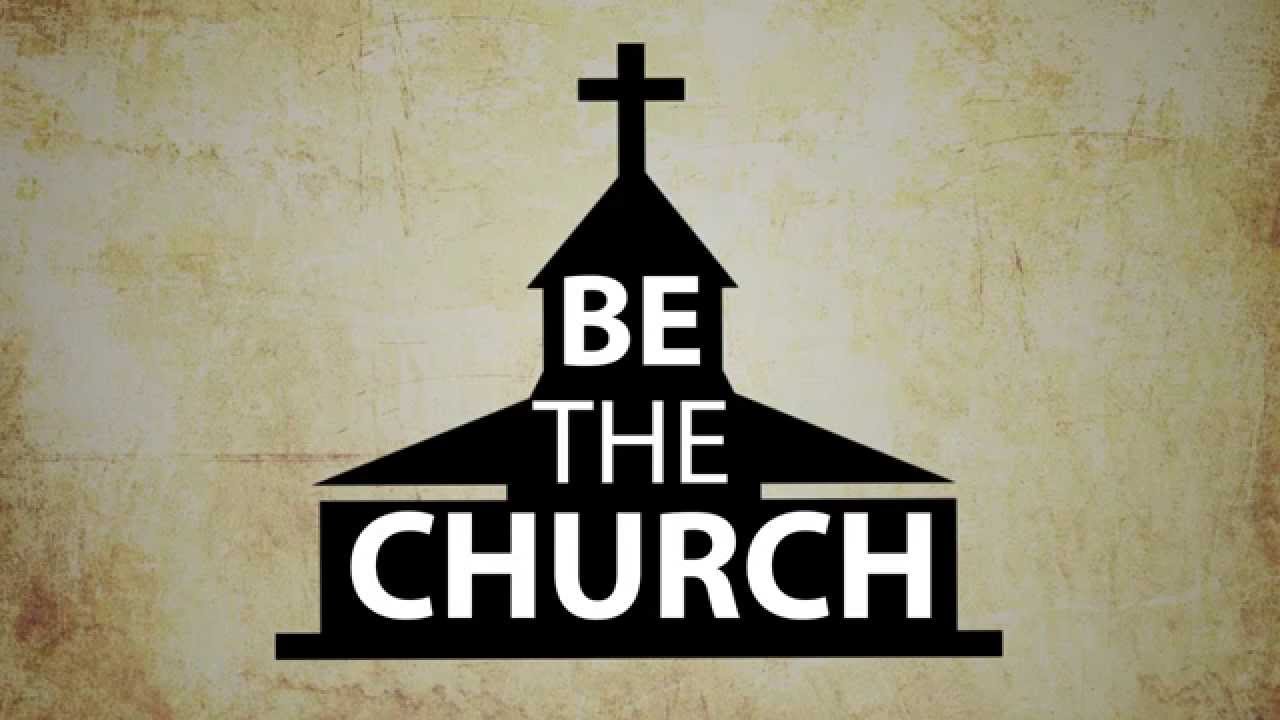How many pastors does one church need? Before I became a pastor I often wondered what exactly a pastor did with all of his time. Did he sit and study the Bible for 40 hours a week? Did he go from home to home checking in on each family in his church? Did he knock on every door in his neighborhood or spend every minute evangelizing at coffee shops? Did he wander in the wilderness communing with God in prayer for days on end? Or did he hang out with other pastors and talk about ministry versus actually do any? This kind of perception can make it very difficult to justify hiring any pastor, let alone several for a given church.
I never wanted to a full-time pastor. At the time God called me to plant a church, I was a high school teacher. Because I believed that the job of a pastor was simply to preach, I figured I could easily add a “7th Period” and teach Bible. I refused to take a pay check for the first couple of years. I would teach my six classes, leave the school, go to Starbucks and write sermons, then have late night meetings. In time, that became too difficult and I agreed to be bi-vocational. I request a “leave” for part of my contract as a teacher and received a partial paycheck from the church. I thought this could continue indefinitely so as to alleviate the church and, in truth, allow me to not fully identify and invest as a pastor.
In that rather short, but difficult time, I learned what pastors really did (or should do). The Greek word translated “pastor” is “Poimen“. Simply defined, it means A SHEPHERD. It goes without saying that a “shepherd” is more than a preacher. That is not to say that preaching is not difficult–sermon prep each week is like running a marathon each week. You run all week, you finish, you rest for an evening, then begin running again. Kevin DeYoung does a good job of explaining this here.
But extending the “Shepherd” metaphor is helpful to move us beyond the pastor as preacher only paradigm. A genuine shepherd does more than feed the sheep. A shepherd guides the sheep, feeds the sheep, protects the sheep, cares for the sheep, gets dirty with the sheep, chases the sheep, and even disciplines the sheep in love. In other words, had I chosen to be a “preacher”, I probably could have continued to do both jobs. But, because I decided to fulfill my ministry as a Shepherd, and not merely a preacher, I could not do both.
I have been a full-time pastor since 2009, meaning, it has been my only source of income. In truth, I was a full-time pastor beginning in 2005/06 but my energies were shared with my role as a teacher. So, in the last 10+ years of ministry I have learned that there is a world of difference between “shepherding a flock” and “teaching a people.” This is not to suggest that I have shepherded perfectly. Simply stated, pastoring is much harder than just preaching.
That said, IF an elder board–an particular staff-elders–are going to actually “shepherd”, then you are going to need more of them as the church grows. A church can get away with a preacher and a few deacons if they aren’t really interesting in caring for sheep. But, if shepherding is the goal (as I believe Scripture says it should be), then you are going to have to have more pastors for the flock among you, AND plant more churches to keep the flocks relatively small.
Which brings me to where we are at a church and the first question I asked: How many pastors does one church need? As it is, we believe that our staff pastors are over-extended due to the size of the church. Currently, we have two full-time staff positions: 1) Lead Pastor of Preaching, Teaching & Vision 2) Associate Pastor of Counseling & Worship. Our attendance is between 325-400, which spikes upwards of 500 on Easter. This includes children. Our staff-pastor to attender ratio is 160:1, whereas the statistical average is about 86:1 (this varies depending on your source). This leads us to conclude that, in order to support our current shepherding responsibilities, we need to hire another pastoral staff member.
Having another staff-pastor means paying someone to devote themselves to shepherding. Of course, there are different kinds of shepherding and staff pastors will often specialize according to their strengths in different areas. While we do have a strong volunteer and part-time staff, our two administrative positions fulfill the responsibilities of a full-time executive pastor. In other words, we pay 1,000 a month to do a 6K a month pastoral job. This is a blessing, but also a great burden. The burden of ministry will eventually wear these volunteers down. The second conclusion is that we need pastoral staff to carry a large load, but also to relieve those who are already carrying a great burden.
Unfortunately, our giving is below what it should be to support a full time hire, possibly even a part-time. We’ve have done well to keep people informed about our giving, but we have not challenged them to evaluate our giving. At the most basic level, we need to encourage gospel-giving which is different than simply “tithing”. This will require a compelling and tangible vision to help us determine who or what to give toward. This is what this blog series is about. But before we focus on feel-good ideas like buildings and schools, we want to talk about people.
To that end, the elder are establishing a new staff-pastor role to help to support our present ministry while building into our future over the next three years. This staff position may be half-time or full-time. Those we consider should be elder qualified, but that does not mean they would become a pastor immediately. As with any elder-candidate, we would want them to spend time serving as a member (even if that means leading as staff in some capacity) and learning the culture of our church family before taking responsibility to shepherd it.
The elders propose that this role be hired no later than Fall 2017 but be are prepared to hire now as the Lord leads.




